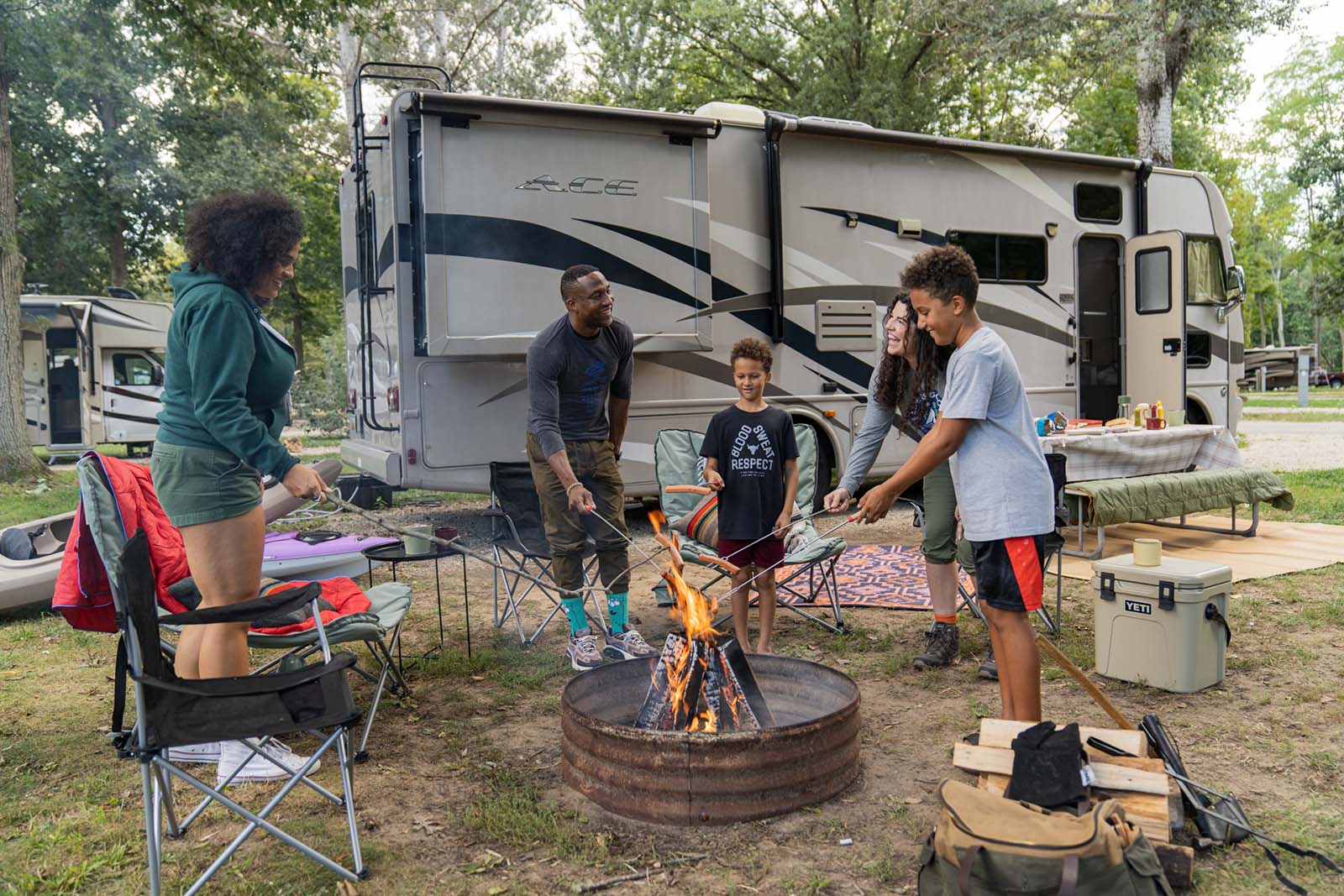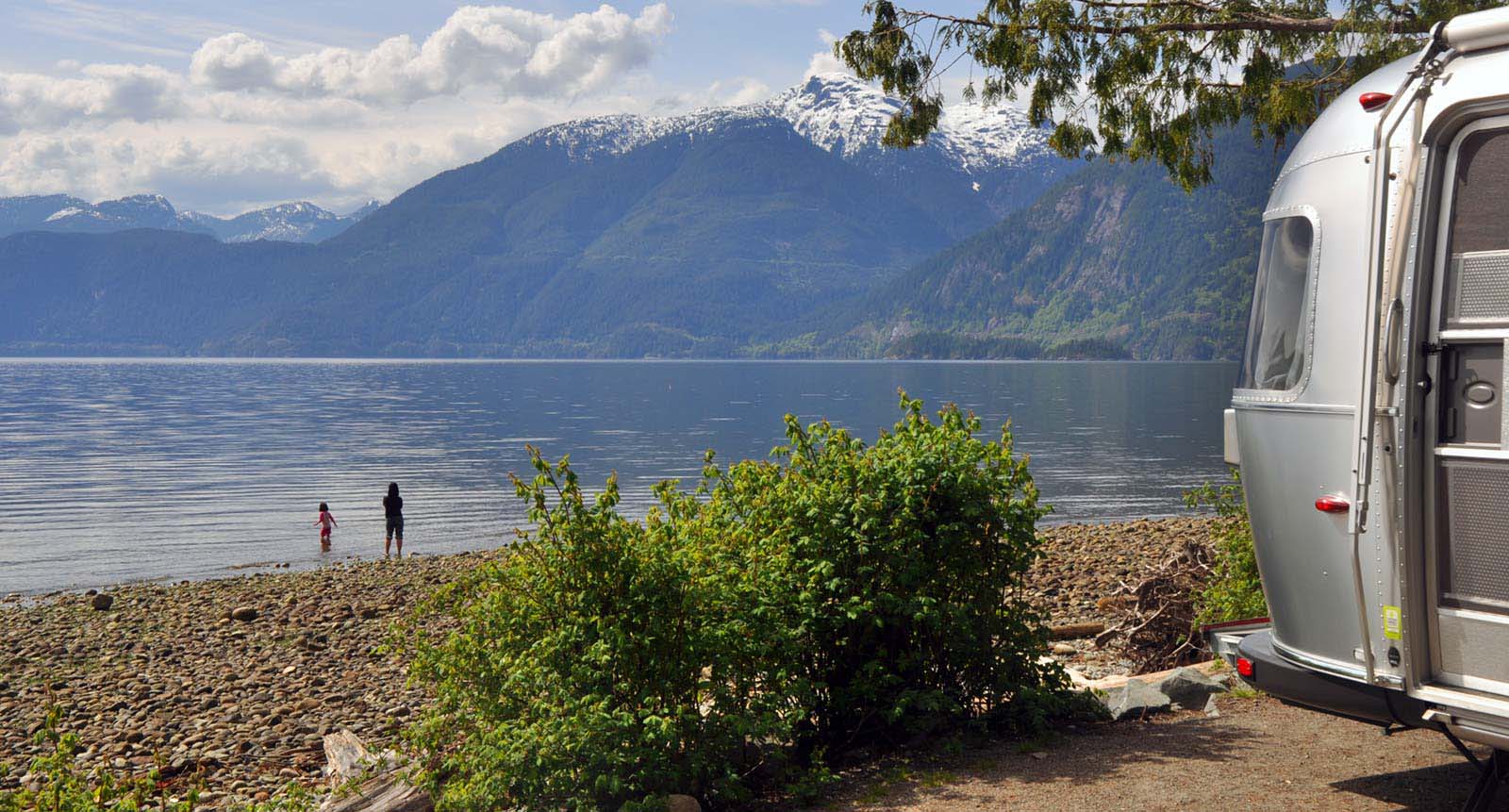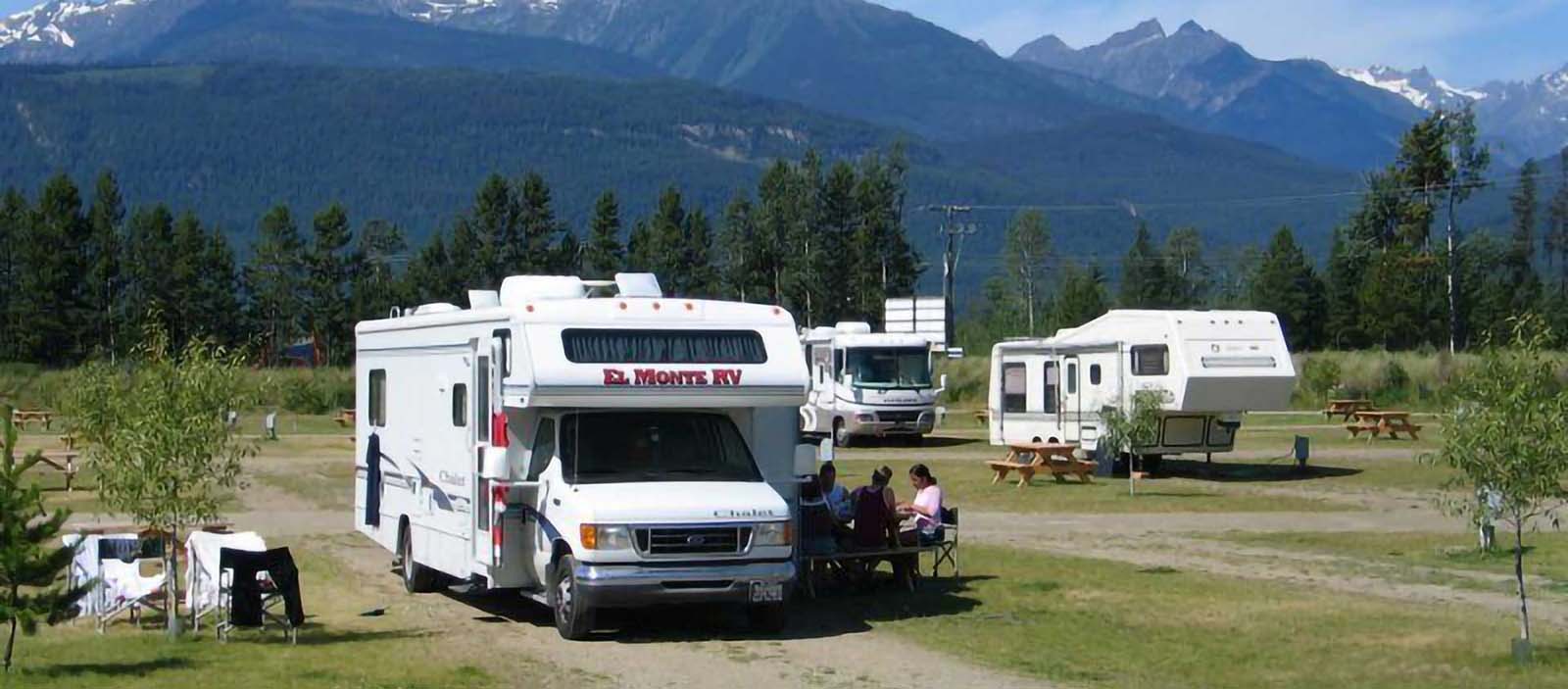Title: Common Reasons for Quick Drainage of RV Battery

Introduction: Maintaining a well-functioning RV battery is crucial for a smooth and enjoyable camping experience. However, some RV owners may experience a quicker than expected drainage of their batteries, leading to inconvenience and frustration. This article aims to shed light on the common reasons behind this issue, providing useful insights and potential solutions.
H2: Insufficient Battery Capacity H3: 1. Choosing the Wrong Battery Size and Type When purchasing an RV battery, it is essential to consider the size and type that best suits your needs. The battery should have enough capacity to power all the appliances and systems in your RV. Choosing a smaller-sized battery or a battery not specifically designed for RVs can result in quicker drainage, especially if you have a high-demand electrical setup.
H3: 2. Overusing Power-Hungry Appliances Certain power-hungry appliances, such as air conditioners, microwaves, or large-screen TVs, can quickly drain an RV battery. If you continuously run these appliances for an extended period without charging the battery, it will deplete faster than expected. It is crucial to be mindful of your power usage and limit the simultaneous use of energy-intensive devices when battery power is limited.

H3: 3. Battery Parasitic Drains Parasitic drains refer to the power consumed by small appliances, devices, or systems that continue to draw power, even when the RV is not in use. Examples of such drains include propane leak detectors, clocks, or stereo memory. If these drains are not identified and disconnected when the RV is not in use, they can significantly contribute to battery drainage over time. Regularly inspecting and disconnecting these parasitic drains can help extend battery life.
H2: Inefficient Charging Practices H3: 1. Insufficient Charging Time A common mistake made by RV owners is not allowing enough time for the batteries to charge properly. Insufficient charging time can prevent the battery from reaching a full charge and decrease its overall capacity. It is recommended to follow the manufacturer’s guidelines and allow the battery to charge completely before use efficiently.
H3: 2. Improper Charging Methods Using incorrect charging methods can also contribute to fast battery drainage. For instance, using an automotive charger instead of a dedicated RV battery charger may not provide the correct charging voltage and amperage, leading to ineffective charging. It is important to invest in a high-quality RV battery charger designed for the specific battery type installed.

H3: 3. Faulty Charging System An RV’s charging system consists of various components such as alternators, converters, and inverters, which work together to charge the battery while connected to an external power source. A faulty charging system can fail to charge the battery adequately, resulting in quick drainage. Regularly checking and maintaining the charging system can help avoid such complications.
Conclusion: The quick drainage of an RV battery can be frustrating, especially during camping trips. By understanding the common reasons behind this issue, such as insufficient battery capacity and inefficient charging practices, RV owners can take proactive steps to mitigate battery drainage. Taking care to choose the right battery size/type, managing power-hungry appliances, identifying and disconnecting parasitic drains, and adopting proper charging methods can significantly extend the battery life and ensure an uninterrupted RV adventure.

